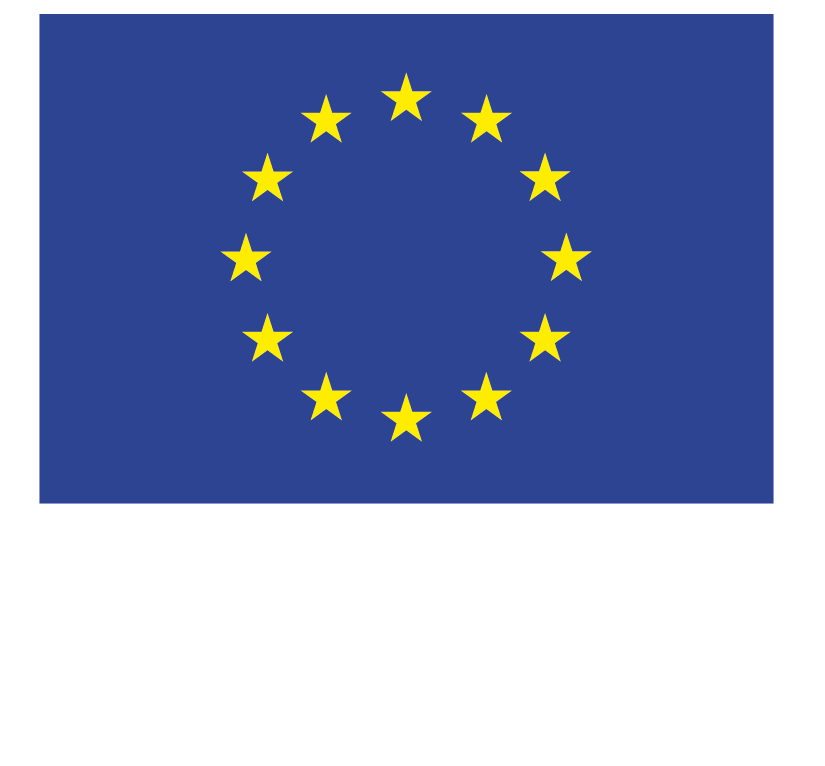Background
Each year millions of Europeans are diagnosed with cancer. Most are older. They and their caregivers have the right to receive timely access to health and social services. All too often, however, they’re not aware that these services even exist, let alone how to take advantage of them. Navigation interventions, using specially-trained lay navigators, hold promise to meet this increasing demand.
EU NAVIGATE is adapting Canada’s successful Nav-CARE programme to help these older Europeans with cancer and their caregivers obtain the care they deserve.
Our ambition
EU NAVIGATE will develop NavCare-EU.
A navigation intervention that will:
Working towards better quality of life for older adults with cancer
The EU Navigate project is conducting a study in six countries to see how NavCare-EU (a programme based on the successfully-tested Canadian Nav-CARE) helps older adults (70+) with cancer. The study takes place in Belgium, Ireland, Italy, the Netherlands, Poland, and Portugal. It compares two groups: one receiving NavCare-EU alongside regular care and another receiving only regular care. The objective is to check if NavCare-EU improves quality of life and well-being after six months.
The study is designed to include a wide range of patients in different settings and with various types of cancer. A careful evaluation process helps ensure NavCare-EU can be effectively used in different healthcare systems. The goal is to show how this programme could improve cancer care for older adults across Europe.
Why patient navigation matters
Cancer affects millions of older people in Europe each year, placing significant pressure not only on older people with cancer but also on their families and health and social care systems. Navigating this complex journey can be overwhelming, particularly when care is fragmented, access to services is unequal, and support structures are difficult to identify. For many, knowing where to turn, who to talk to, and how to get timely help remains a daily struggle.
EU Navigate is working to change this by exploring how patient navigation can become a reliable part of everyday care. Through its person- and family-centred NavCare-EU model, the project introduces trained navigators who guide and support older people with cancer and their caregivers along the care pathway. By improving communication, encouraging empowerment, and ensuring timely access to services, EU Navigate aims to develop solutions that are adaptable to different health and social care systems while always putting people’s needs first.
Nav-CARE programme
We are basing NavCare-EU on the successfully-tested Nav-CARE programme from Canada. Nav-CARE was designed to enhance, not replace professional health and social care in the region where it is implemented and to be responsive to the individual needs and wishes of patients and families. Together with patients, families and other key stakeholders, we will adapt and refine Nav-CARE into NavCare-EU for its use for older people with cancer and their families in Europe.







